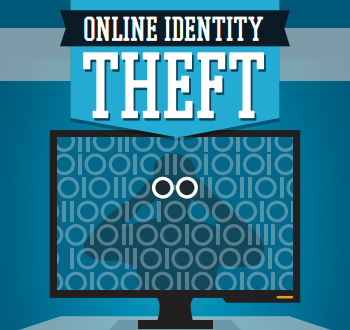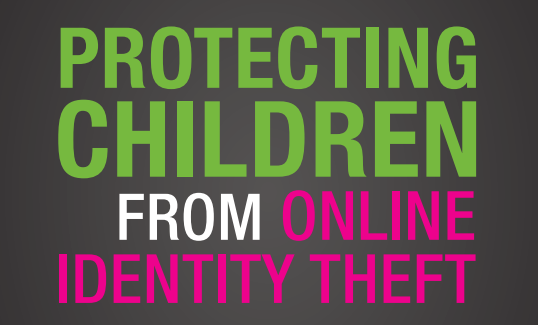Parents do their best in teaching their children to not go anywhere with a stranger, but how many actually teach them to not share personal information with strangers?
Research shows that more than 500,000 children become victims of identity theft every year. The most amazing fact is that almost half of these children are under the age of six. Practicing internet and cell phone safety can protect children from potential predators, but parents must also have a clear understanding of how mobile and internet child safety can also protect a child’s identity.
There is an alarming story on MSN.com about a teenage girl who was a victim of identity theft at age three. As a teenager, she now owed $750,000 for homes and automobiles an identity thief had purchased in her name.
An estimated one in every 40 households with young children has been impacted by identity theft. All a thief needs is a child’s full name and date of birth. As technology advances with smartphones and an increasing number of apps are available, we can do almost anything on our phones that we can do on our laptops or home computer. As people go to replace their old phones with smartphones, thieves are stealing the personal data left on them.
Read More »













.png)
3.jpg)





